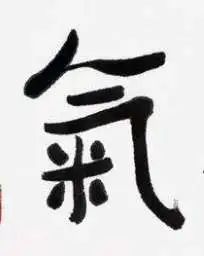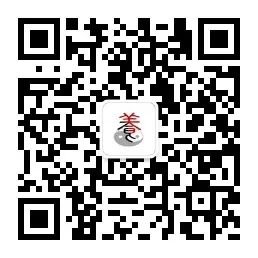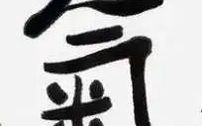
The concept of deficiency and excess in Traditional Chinese Medicine (TCM) refers to the comparison between Zheng Qi (正气, righteous qi) and Xie Qi (邪气, pathogenic qi) in the Eight Principles (八纲, ba gang) diagnostic framework. A deficiency of Zheng Qi indicates a state of deficiency, while an excess of Xie Qi indicates a state of excess. The discussion here regarding the practice of Qigong’s deficiency and excess is entirely different from that in the Eight Principles and should not be conflated.
“Upper deficiency” refers to a state where the upper part of the body (above the navel) is relaxed and ethereal; “lower excess” indicates that the lower part of the body (below the navel) is full and strong. Whether practicing static or dynamic Qigong, maintaining a state of “upper deficiency and lower excess” is a universal requirement across various Qigong methods.
During practice, not only should the center of gravity be placed below the navel to keep the entire body stable like Mount Tai, but it is also crucial to focus the mind on the lower Dantian (下丹田, lower elixir field). Unless there are specific health conditions, one should avoid concentrating on the upper Dantian (上丹田, upper elixir field) to prevent creating a state of upper excess and lower deficiency, which can lead to imbalances in practice.
Especially by mastering the principles of upper deficiency and lower excess, Qigong practice can effectively improve pathological states of deficiency and excess. For instance, elderly individuals with Kidney Yin deficiency (肾阴不足, shen yin bu zu) and Liver Yang excess (肝阳上亢, gan yang shang kang) may experience symptoms such as elevated blood pressure, tinnitus, dizziness, a heavy head with light feet, and instability while walking, indicative of upper excess and lower deficiency. This is particularly pronounced in those who are irritable and emotionally volatile. By maintaining the state of upper deficiency and lower excess through practice, these symptoms can gradually be corrected.

Beidaihe Traditional Chinese Medicine Qigong
The birthplace of Chinese medical Qigong


